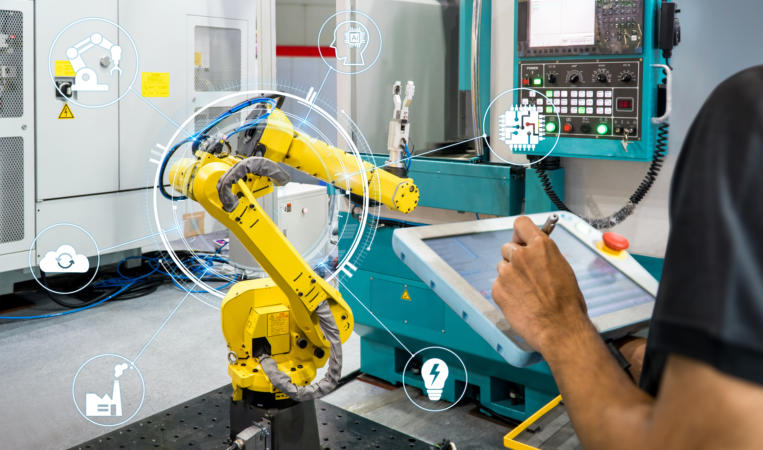There is no denying that we live in a digital age. From the home to the workplace, technology continues to transform our spaces. Just look at how self-checkout machines have impacted your shopping experience.
When people think of industries utilizing tech innovations, they often focus on those such as auto and aerospace, but there’s no industry in the United States that isn’t ripe for tech disruption. As people continue to encourage industries to revitalize their game plans and “prepare for the inevitable,” it’s important to confront some myths about disruption.
To start, tech disruption should not be framed as an inevitability. Doing so makes people think they’re powerless over tech, which is ironic given that we are the ones who create it. After all, tech is not a sentiment. It is not capable of deciding, for itself, to disrupt anything.
People are behind tech disruptions. By acknowledging that, we can frame the conversation around conscious choices rather than pretending that it spontaneously occurs.
Take automation as an example. People often discuss the technology within the specific boundaries of it being inevitable. It will happen — so those who are worried about potential risks to their jobs and livelihood are responsible for making themselves valuable in the new world.
But here’s the thing: while disruption may be likely, it doesn’t have to happen. Automation grows because those at the top of companies love it — even if their employees don’t.
According to a report by the Economist Intelligence Unit (EIU), “seventy percent of CEOs report that RPA and AI are a very high priority to meet their strategic objectives, mainly because it will make them more competitive.”
While the disruption of automation could benefit the general workforce, that’s not how it’s all going down now. For example, as Amazon turns to automation, the company has found a way to avoid bad press from bringing in robots. In May, Reuters reported:
“Rather than lay off workers, the person said, the world’s largest online retailer will one day refrain from refilling packing roles. Those have high turnover because boxing multiple orders per minute over 10 hours is taxing work.”
This isn’t to say that industries cannot look into using new tech. However, people need to examine who is benefitting from that technology’s introduction and who is being harmed. Those questions — and the impact of their answers — can only be properly addressed by acknowledging that nothing about technology is inevitable.
















